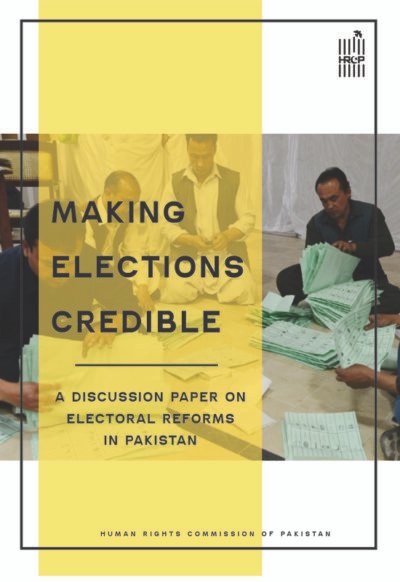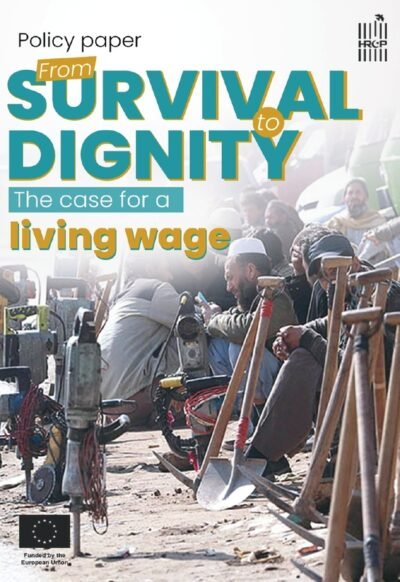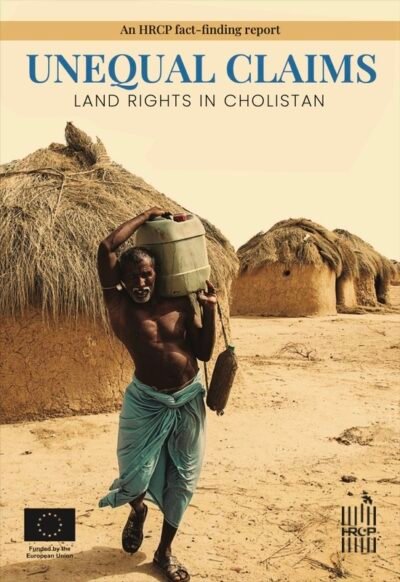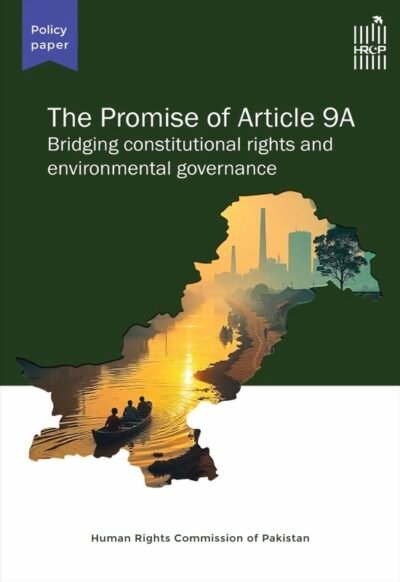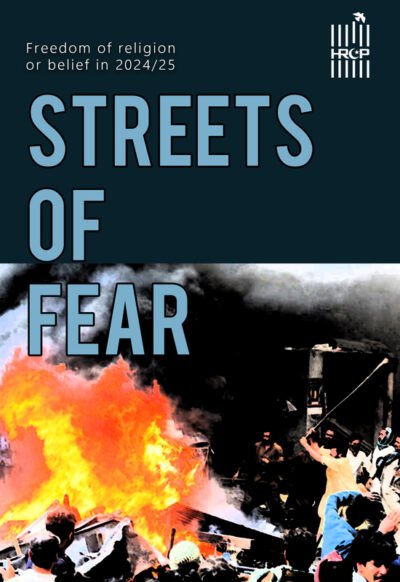Elections in Pakistan are a contested subject, with the losing side invariably questioning the election’s outcome. The role of undemocratic forces in manipulating the election results has now been established beyond a doubt, putting the integrity of the whole exercise under question. Since elections play a vital role in the strengthening of democracy by letting the people express their will through their votes, this lack of credibility has had serious conse- quences for the country’s political stability.
It would not be incorrect to say that unelected forces in Pakistan consider the electoral sys- tem as a mere tool to fulfill the claims of procedural democracy, which effectively does little to change the balance of power in favour of elected people.
The Human Rights Commission of Pakistan (HRCP) has remained committed to the ideals of constitutionalism, democratic governance and the rule of law for decades. Electoral reforms to bring about free and fair elections are hence crucial in fulfilling these ideals. While ac- knowledging that elections everywhere are in need of constant reform, HRCP feels it impera- tive to address serious gaps in Pakistan’s electoral system, not only with regards to the obvious credibility crisis but also pertaining to how the principle of equal citizenship is com- promised in so many ways. It begins with the disenfranchisement of marginalised groups through the non-issuance of national identity cards, leading to an even wider gender gap for women and transgender persons, and continuing with the effective non-representation of minorities in all the electoral schemes devised for them so far. The whole system is further rigged in favour of the elite who, when elected, seem interested in amassing more wealth than in addressing the problems of their constituents.
Certain legalities related to the caretaker governments, independent candidates joining po- litical parties soon after being elected in their independent capacity, discriminatory constitu- tional clauses like Articles 62 and 63, and other provisions have also seriously affected the fairness of elections.
Add to these certain technological developments, such as internet voting for overseas Pak- istanis and the use of electronic voting machines, that have served more as controversies for political gains than subjects of serious research made available to the general public.
Like everywhere else, electoral reforms in Pakistan are a work in progress. At this crucial juncture in our political history, HRCP would like to initiate a dialogue on reforms through a comprehensive discussion paper, which is by no means the final word on the matter but an invitation to chart a path forward. We have been fortunate to be assisted in this task by one of the most credible researchers on the subject, senior political analyst Tahir Mehdi. It is our hope that this paper is carefully considered by all stakeholders in the spirit that it has been prepared, and leads to decisions to achieve free and fair elections that upholds the ideal of equal citizenship as enshrined in the Constitution.


